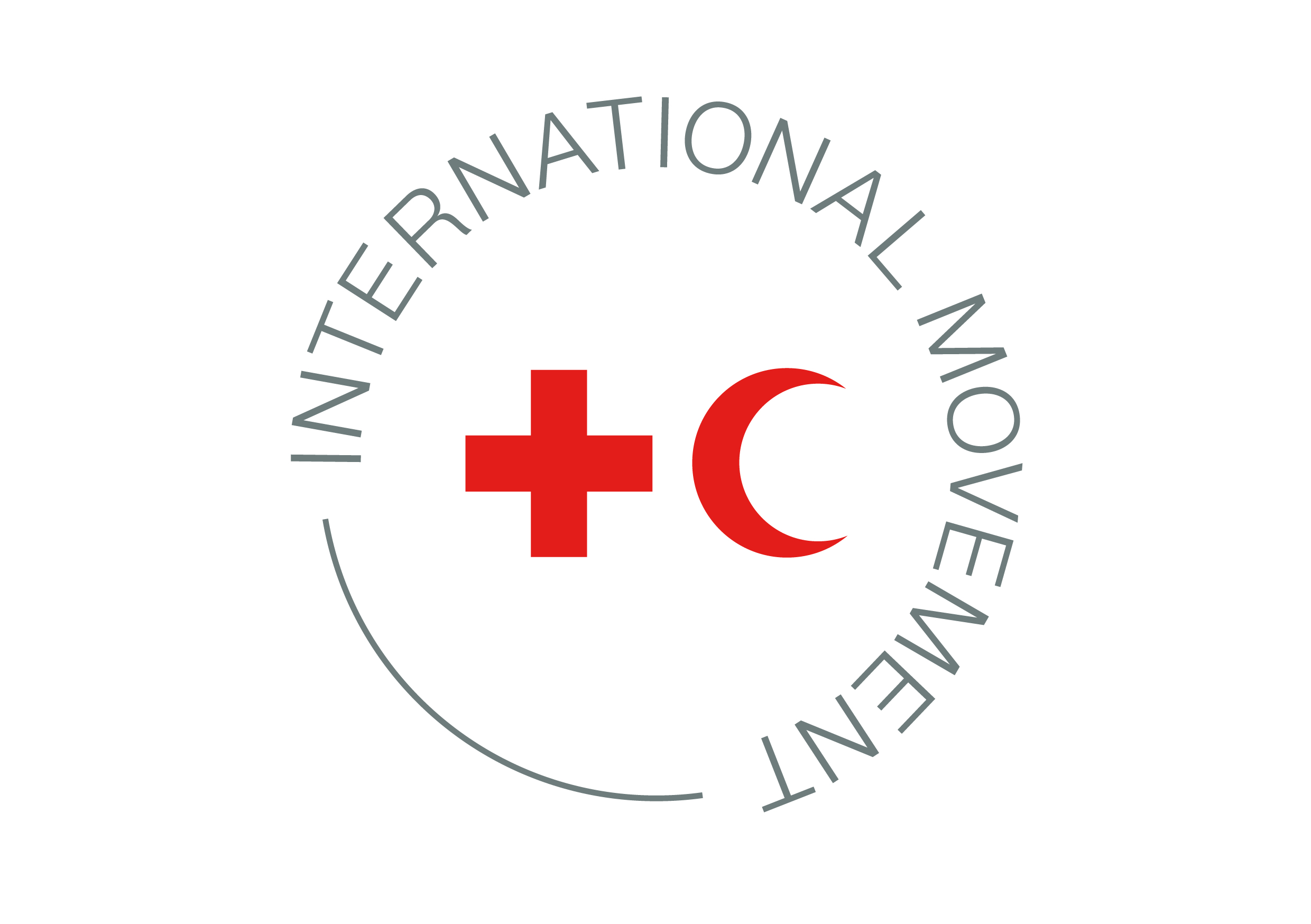Actions taken:
Identify the risks and hazards which affect the locality: villages, towns and cities, analyze results and create solutions to be included in national and regional resilience building plans.
- Georgia Red Cross Society conducted and later updated Vulnerability and Capacity Assessments (VCA) in 12 communities with a participatory approach together with local community members, local authorities, local Non-State Actors and Georgia Red Cross Society staff and volunteers; It’s also an advocacy tool for the local authorities for inclusion of the risk management and other related solutions into the regional resilience plans;
- 16 Community Action Plans have been elaborated and updated together with the local community members and other key stakeholders. Plans have been introduced to the main decision makers in the communities.
- National Society Advocated for inclusion of community resilience plans in local municipalities’ budgets to sustain the mitigation and adaptation projects and Red Cross services (e.g. project planning and management, first aid, psychological first aid, disaster risk reduction, volunteer management and development, etc.).
- Workshops and round table meetings have been conducted for presenting VCA findings and inclusion of the resilience plans into the local budgets. Based on the VCA more than 50 small scale mitigation projects have been co-funded from the local budgets in Eastern and Western parts of Georgia.
- 21 community Disaster Risk Reduction projects have been co-funded from the local budgets.
Reinforce non-formal education among schoolchildren and students in educational institutions to ensure that adequate human resource are mobilized and trained for contributing to addressing gaps in local problem-solving through active civil engagement of youth.
- The Georgia Red Cross Society introduced Family Emergency Plans to the Ministry of Education. With the support of the local Resource Centers (under the Ministry of education) National Society covered more than 15 000 school children (60 000 local community members) with non-formal education.
- Simulation exercises based on the evacuation plans have been conducted in more than 40 schools Georgia wide; National Society Informational and Educational materials have been also distributed in the more than 200 schools countrywide.
Strengthen cooperation with respective government institutions and agencies as well as with key stakeholders and Movement partners to design collective local actions toward implementation of the ‘One Billion Coalition for Resilience’.
- The National Society made significant steps towards the execution of its coordinating function assigned to it under the Civil Safety National Plan with the aim to strengthen the coordination of non-state actors involved in the disaster management sector in Georgia. Georgia Red Cross Society organized meetings that were attended by representatives of governmental and international and local non-governmental organizations, as well as the movement partners. Various meetings were held under the Disaster Risk Reduction (DRR) projects with different organizations involved in the field. These meetings contributed to sharing information, experience and lessons learned in Disaster Management and community resilience areas, which in turn positively affected the improvement of organizational skills and coordination in DRR area. At local level collective mitigation (DRR) actions have been designed (Non-formal Education, VCA, Mitigation actions) for implementation of the “One billion coalition for resilience”
Protect safety and security of volunteers representing community groups, local households and networks, neighborhoods, business enterprises, and advocate for strengthening their resilience in national laws, policies and plans; contribute to implementation of the law of Georgia on Volunteering by taking the collective responsibility in action.
- Advocacy meetings, trainings, simulation exercises in 20 Municipalities have been initiated and organized based on the Municipality response plans and lessons learned workshops with the key decision makers and ICRC. National Society conducts seminars/sessions for volunteers and community members aimed at awareness raising on law on volunteerism and strengthening collective responsibility of law implementation.
- Conference on volunteerism was conducted by the Georgia Red Cross Society involving all the key stakeholders working in this field.
- National Society institutional development – Standard Operational procedures (SOP) and safety and security regulations for NS staff and volunteers have been elaborated.
More than 500 volunteers are mobilized, trained and equipped. They are Georgia Red Cross Disaster Response Team members ready to act as a first responders during emergencies.
Case study
“Children are asking when they are going to do more things with the Red Cross. The things the Red Cross teaches and does are done in a very nice way, so that the children understand them easily and quickly. They make them get involved and interested about the activities. And that’s why they are asking for more.”
Eldar Gogoreliani, 60, teacher from Ambrolauri, Georgia


